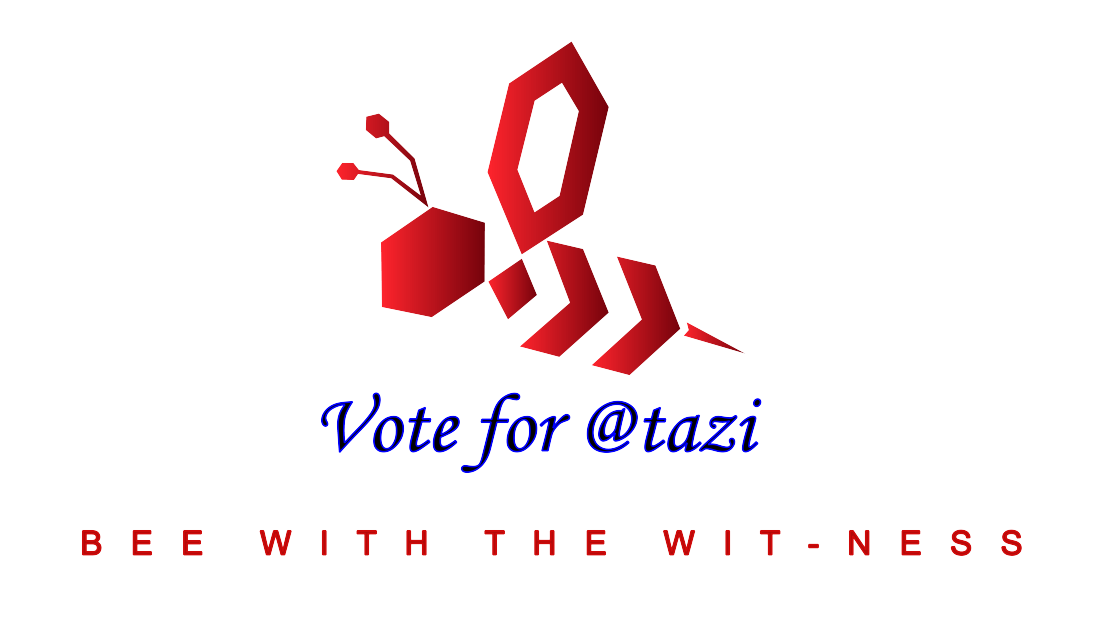
Today we will visit the Botanical Garden in Prague for the last time, where an exhibition of works by the Czech glassmaker Jiří Pačinka is taking place.

You can understand this article as an invitation to the exhibition, so I am adding information about the time of the exhibition.

Autumn is the ideal season for the colourfulness of glass artefacts to stand out in contrast to nature. The garden remains an exhibition space, but it no longer displays the beauty of living nature, but the creations of human hands.

The Botanical Garden is located on a slope quite high above the city of Prague. There are a variety of views from here. Another way to observe the beauty of nature is to watch the sky depending on the weather.

The garden is part of the old cultural landscape. There are many elements that were created centuries before the garden was opened.

Today we were here mainly for the glass artifacts exhibition. However, it would be a mistake to ignore the garden as a whole.

Within the whole, however, a number of details stand out. In the past, beekeepers used to make hives according to their imagination and their abilities. They were often small works of art. I don't want to argue about whether these hives would be functional either. But they are beautiful.

I wonder how a small child perceives such a hive. Is he afraid of it?

A botanical garden needs bees to pollinate the plants. But some plants also need other insects. How do we attract them here? This is one way.

The sign says "Garden of Honey". Each unit is actually divided into hundreds and thousands of sub-units, which are further divided into smaller and smaller units. We can admire the whole and the parts.
By this I mean that the garden is divided into different sectors according to many criteria. The sectors are divided into subsectors. There are different vegetation levels, different types of plants, flower beds. We can admire the colour of the whole meadow, but also a part of an individual plant, even just its pistil.

Why can't buildings be incorporated into a botanical garden? In this case, a working beekeeper's house?

The creations of nature and human hands are intertwined here. The whole and the details.

What to watch? What to look at before?

The English version of this article was created with the help of Deeple.com.

Czech version:
Den Triffidů IV
Dnes naposledy společně zavítáme do Botanické zahrady v Praze, kde se koná výstava prací českého skláře Jiřího Pačinka. Tento článek můžete chápat jako pozvánku na výstavu, proto přidávám informace o době konání výstavy.
Podzim je ideálním obdobím, kdy barevnost skleněných artefaktů vynikne v kontrastu s přírodou. Zahrada zůstává výstavním prostorem, ale již nevystavuje krásu živé přírody, nýbrž výtvory lidských rukou.
Botanická zahrada se nachází na svahu poměrně vysoko nad Prahou. Odtud se otevírají rozmanité výhledy. Další možností, jak pozorovat krásy přírody, je sledovat oblohu v závislosti na počasí.
Zahrada je součástí staré kulturní krajiny. Je zde mnoho prvků, které vznikly několik století před otevřením zahrady.
Dnes jsme tu byli hlavně kvůli výstavě skleněných artefaktů. Bylo by ale chybou nevšímat si zahrady jako celku. V rámci celku však vyniká řada detailů.
V minulosti si včelaři vyráběli úly podle své fantazie a schopností. Často se jednalo o malá umělecká díla. Nechci polemizovat o tom, zda by tyto úly byly i funkční. Jsou však krásné.
Zajímalo by mě, jak takový úl vnímá malé dítě. Má z něj strach?
Botanická zahrada potřebuje včely k opylování rostlin. Některé rostliny však potřebují i jiný hmyz. Jak je sem přilákat? Tohle je jeden ze způsobů.
Tady je napsáno „Zahrada medu“. Každá jednotka je ve skutečnosti rozdělena na stovky a tisíce dílčích jednotek, které se dále dělí na menší a menší jednotky. Můžeme obdivovat celek i části.
Tím mám na mysli, že zahrada je rozdělena do různých sektorů podle mnoha kritérií. Sektory se dělí na dílčí sektory. Jsou zde různé vegetační stupně, různé druhy rostlin, květinové záhony. Můžeme obdivovat barevnost celé louky, ale i část jednotlivé rostliny, třeba jen její pestík.
Proč by nešlo začlenit do botanické zahrady budovy? V tomto případě včelařův pracovní domek? Výtvory přírody a lidských rukou se tu vzájemně prolínají. Celek a detaily. Na co se dívat? Na co se dívat dřív?